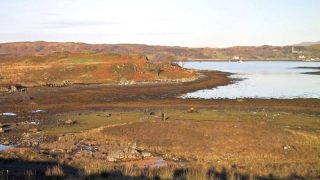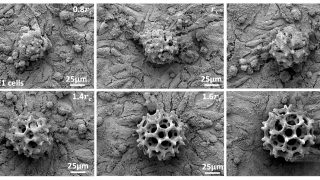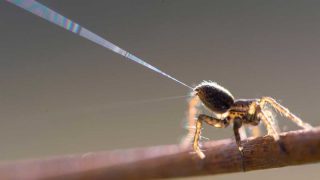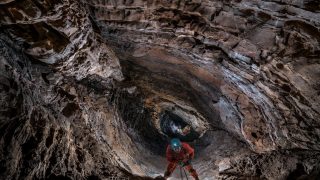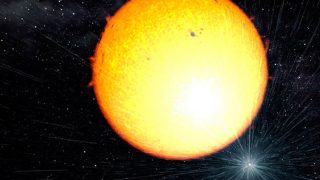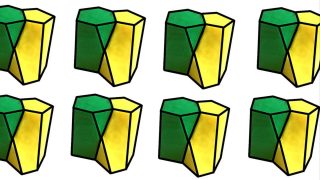
MI weekly selection #295
A new shape inside your skin The type of cells responsible for forming skin and the lining of an organism’s organs will morph into “scutoids” in order to accommodate those organs’ complex curvature. Motherboard A leap toward lifelike model of human heart Scientists have bioengineered a 3D model of the human heart’s left ventricle, which […]

